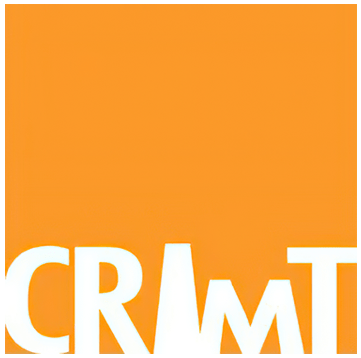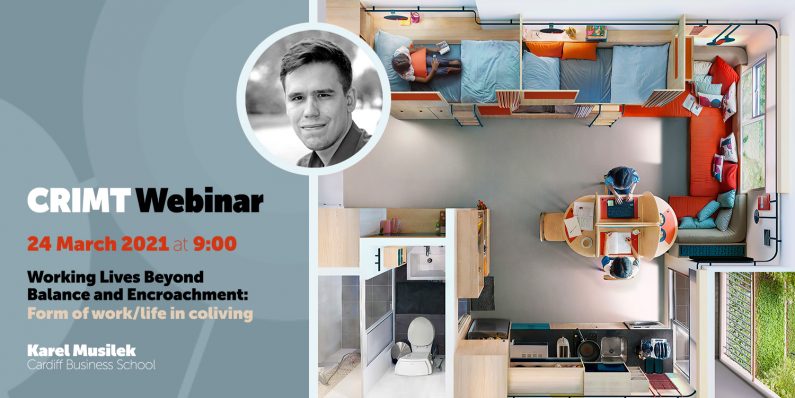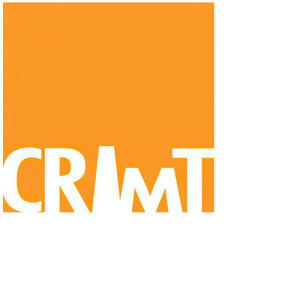24 March 2021 at 9:00 (HAE – Montreal time)
13:00 PM London time
14:00 PM Paris and Brussels time
12:00 AM Sydney and Melbourne time (for night owls!)
Working Lives Beyond Balance and Encroachment: Form of work/life in coliving
On March 24th 2021, the CRIMT Partnership on Institutional Experimentation for Better Work and its student coordinating committee – which is spearheading the organization of a series of seminars that seeks to examine work, life, and their balance in the context of Covid-19 and beyond – invite you to dive into an exploration of the recent resurgence of coliving arrangements with Karel Musilek, lecturer at the Cardiff Business School. Through a unique ethnographic study, the author looks at the relationship between work and life in co-living arrangements, and at how these experiments seek to modify domestic and personal lives in lines with demands of extensive and intensive work and ideals of professional and entrepreneurial success.
Entitled Working Lives Beyond Balance and Encroachment: Form of work/life in coliving, this seminar will start at 9:00a.m., Montreal time on March 24th (Daylight saving time, which on that date translates into 1:00p.m. London time, 2:00p.m. Paris and Brussels time and late night in Melbourne and Sydney) and take place on Teams. Daniel Nicholson, member of the CRIMT student coordinating committee, will chair. While the main presentation will be in English, it will be possible for those who wish to do so to ask questions in French through the chat function (which will then be translated for the audience and the presenter).
Participation in this activity is free, but requires registration. A link to the webinar will be provided to registered participants a few days before the event.
Summary of the presentation
Sociological discussion of working and economic lives has tended to focus on questions of work/life balance and encroachment of work into non-work life. While this research provides useful insights, it has insufficiently reflected the transformation to practices and socio-material arrangements of working lives. Yet, it is within these practices and arrangements where the important extensive demands and intensification of work are accommodated and reproduced. To start rectifying this lacuna, we draw on and extend the notion of ‘forms of life’ as a lens through which to conceptualize working lives, how they are shaped and what social practices and arrangements sustain them. We explore this issue through a unique ethnographic study of coliving – a new way of living and novel site of sociological investigation – which seeks to modify domestic and personal lives in lines with demands of extensive and intensive work and ideals of professional and entrepreneurial success. Our findings show how this is achieved by maintaining a particular ethical conception of working and personal life, promising easily accessible socialization, and rearranging practices of everyday life. Understanding these changes through the prism of forms of life can help us not only to understand how lives are transformed and modified in order to sustain changes in work, but also to grasp what are the key arrangements that keep lives in their intensive and exploitable form.
Karel Musilek is a sociologist of work and economic life. He draws on literature from sociology, social theory and organization studies to ask how human life is shaped by capitalist societies, what life is made to be, and how life is sustained in its “productive” form. This involves exploring how individuals are understood and how they understand themselves, what practices they draw on to sustain their working and economic lives, and what are the costs of living with contemporary social, economic and organizational pressures. All these issues have a strong ethical dimension and are related to the question of what is a life worth living.
He is a lecturer in Management, Employment and Organization in the Cardiff Business School. Before joining Cardiff University, he completed a PhD in Sociology at Durham University, a Certificate in Social Research Methods at Durham University and an MSc in Political Sociology at the London School of Economics and Political Science.



